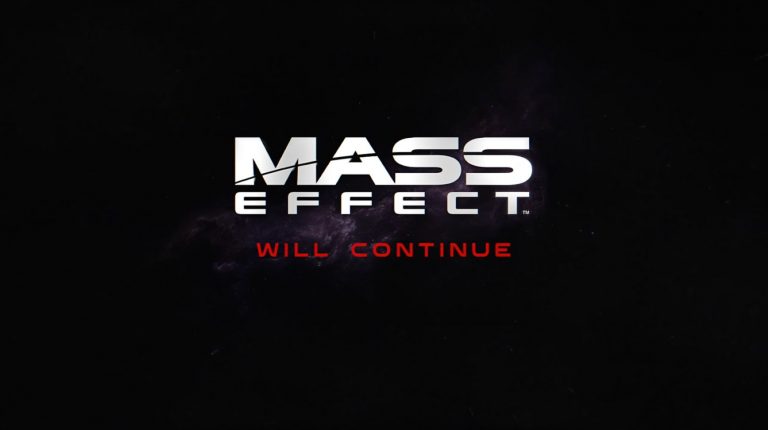Adaptation and Control: The PlayStation World in Transition

The Changing Face of Play
PlayStation no longer sells just a console. It sells a story of progress. Each new version looks like a revolution, but the real goal is continuity. Every upgrade keeps players inside the same system, spending again, adapting again. The console changes form, not function. Adaptation becomes a business model — a way to turn loyalty into profit. It feels like evolution, but it’s a carefully managed cycle of control.
The Economy of Adaptation
In the PlayStation world, adaptation is not about creativity. It’s about survival — for corporations, not people. When independent studios gain attention, Sony buys them. When players demand fairness, the company adds “optional” payments. The language of change hides repetition. Everything shifts just enough to look different but not enough to challenge the power structure. Adaptation becomes a mask that protects the system from real transformation.
Hidden Work Behind the Screen
Each console generation depends on invisible labor. From the miners who extract rare metals to the coders who work endless hours, the entire chain runs on exhaustion. The shine of technology hides exploitation. When we talk about innovation, we rarely mention those who pay for it with their health. Adaptation, in this sense, means expanding the reach of exploitation under a new name — efficiency, progress, or sustainability.
The Digital Feudalism
Online gaming promised freedom, but it created new forms of dependence. Players do not own their games; they rent them through servers that can disappear overnight. Updates change the rules without consent. Personal data becomes the new tax. The PlayStation Network feels like a community, but it functions more like a digital monarchy. Players work for the system without realizing it — generating value through time, data, and attention.
Algorithmic Play and Profit
Every action inside the PlayStation world feeds an algorithm. The system learns what players want, how long they stay, and when they spend. It uses that knowledge to guide behavior, to increase profit. In this, the logic is not different from betting platforms like 20Bet, where engagement is a form of labor and distraction is capitalized. Adaptation here means fine-tuning control until it feels like freedom.
Culture in a Loop
As the market adapts, culture narrows. The same franchises return again and again, slightly changed but deeply familiar. Sequels replace new ideas, comfort replaces surprise. It’s safer that way — for investors, not for art. Adaptation has turned risk into routine. Games look new but think old. The industry feeds nostalgia because it’s profitable, not because it’s creative.
Resistance in Small Spaces
Yet even inside this system, resistance grows. Some developers form cooperatives, refusing to depend on big publishers. Players build free servers, share open-source tools, and create games outside corporate platforms. These efforts are small, but they prove another kind of adaptation — one rooted in solidarity, not control. Change begins in the spaces the system overlooks.
Toward a New Kind of Adaptation
What if adaptation meant breaking the cycle? Imagine consoles built for open play, not endless payment. Games made to teach, connect, or organize — not to sell. The tools exist; what’s missing is the will to use them differently. Real adaptation would mean shifting power from corporations to players, from profit to community.
Conclusion: Between Two Futures
The PlayStation world is always changing, but not always evolving. Its adaptation reflects the same struggle shaping society — who gets to decide what progress means. Companies adapt to protect power. People adapt to survive or resist. Between those two lies a choice: let the system evolve for us, or reclaim adaptation as our own. The game is not just on the screen anymore. It’s in our hands.




